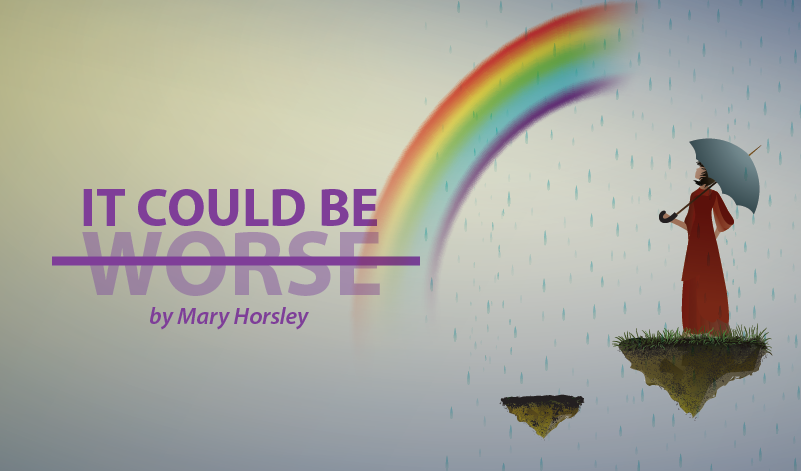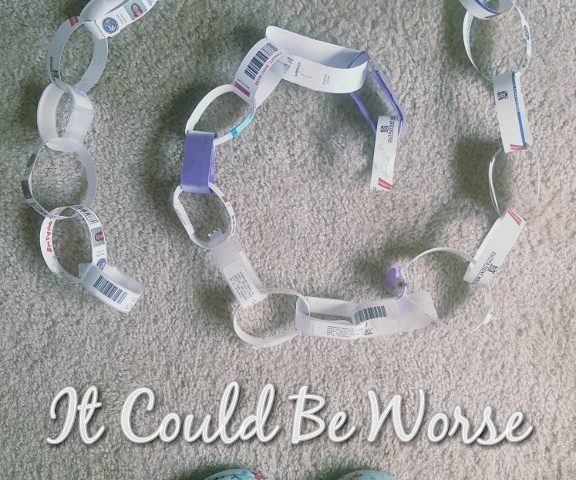
Editor’s note: First in a series, “Crohn’s Disease Questions,” Mary Horsley answers some of the most commonly asked questions about IBD.
With chronic illness comes questions of all kinds from family members, friends, acquaintances, and sometimes, even strangers. These questions come from people trying to figure out their limitations, gain ideas about their disease, understand others’ suffering, or find out how patients manage and live with IBD.
I have been asked some of the same questions over and over. In this series, I will try to answer some of these questions with information about IBD and Crohn’s disease and insight from my experiences and patient perspective.
I will do my best to answer:
Basic questions: These questions, in my view, are usually genuine and come with a desire to understand. Sometimes we have to discuss the basics about our IBD, and we may have to repeat these for the rest of our lives. I find these questions to be the important ones.
What causes it and is there a cure? What exactly is Crohn’s disease? Is it contagious? When will you get better? Why are you always sick? What are your symptoms? What is a flare? How long will it last?
Food questions: The food questions and suggestions come a dime a dozen. With each basic Crohn’s question that comes my way, I usually get double the number of food questions and concerns.
What can you eat? Is it an allergy? Is it from gluten or is it your diet? Should you be eating this or can you eat or drink that? Why don’t you eat more? Eat less? How can you eat that? Can’t you just splurge for once? Do we have to get food special for you?
Suggestion questions: Have you tried (fill in the blank)? Sadly, I have had plenty of these “suggestions,” many of them irresponsible ones. People try to profit with multi-level marketing schemes, preying on those who are desperate to find relief.
Have you tried this? Have you tried that? Fish oil? Supplements? Have you changed your diet? More fiber? Less gluten, carbs, spices, etc.? Have you changed your workout or tried to work out? Have you tried not having stress? Can’t you just take aspirin?
Questions that can hurt: Some of these may come with true caring, but they hurt all the same. Making assumptions or asking questions without doing even a moment of research can lead to hurt feelings and a feeling of guilt and self-blame.
What’s wrong with you? Are you better today? Are you pregnant? Are you just lazy and don’t want to work? Why can’t you work? Is it just a pooping disease, or, you need to go to the bathroom again? How do you stay so thin, or, why aren’t you skinny? Is it really that bad? How and why are you so tired if you sleep all of the time and you haven’t done anything? Are you sure you’re sick? Aren’t you too young to be this sick? Are you really trying to get better and cure yourself? Do you have to talk about it? Is it for attention? Why don’t you calm down? So, you poop yourself a lot? Do you really want a “poop bag?” How can you live with this? My stomach hurts a lot, do I have it, too? What did you do to get Crohn’s?
And to be fair, not all of these are meant with hurtful intent or maliciousness, and not all are asked with hidden agendas or as a personal jab.
But with this series, I hope to inform you about the basic questions asked, the food questions, the suggestion questions, and the questions that can hurt those suffering from IBD and Crohn’s disease.
For me, It Could Be Worse.
***
Note: IBD News Today is strictly a news and information website about the disease. It does not provide medical advice, diagnosis, or treatment. This content is not intended to be a substitute for professional medical advice, diagnosis, or treatment. Always seek the advice of your physician or another qualified health provider with any questions you may have regarding a medical condition. Never disregard professional medical advice or delay in seeking it because of something you have read on this website. The opinions expressed in this column are not those of IBD News Today, or its parent company, BioNews Services, and are intended to spark discussion about issues pertaining to IBD.


I’ve just started referring people to Wikipedia generally. If it’s on Wikipedia, it must be a thing.
So the logic goes.
Wikipedia, although it may have some correct information, is not considered a valid source for most schools or news outlets, it cannot always be trusted. I can add information, you can add information, anyone and everyone can add information, and that being said, that means information is not always correct. I like to give people real patient perspective, if that makes sense.